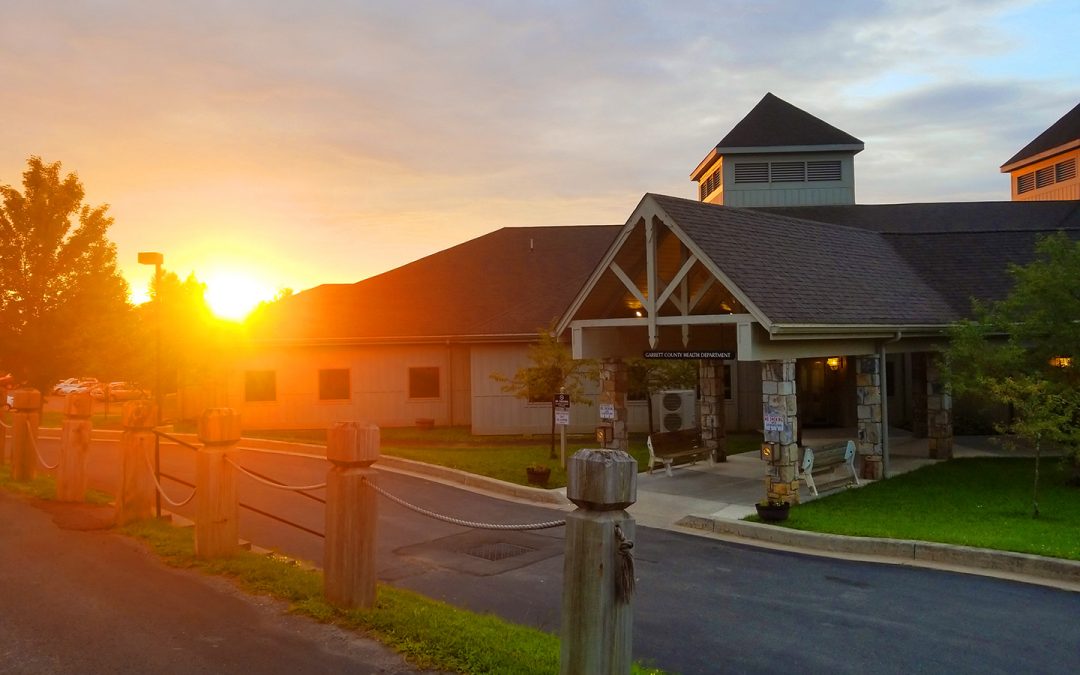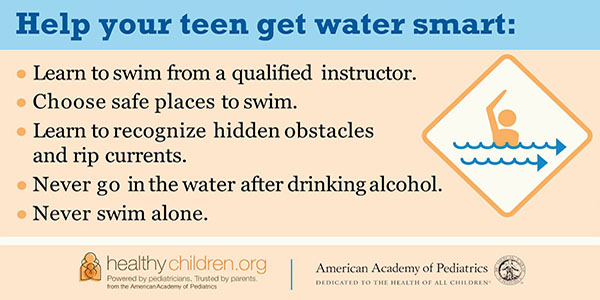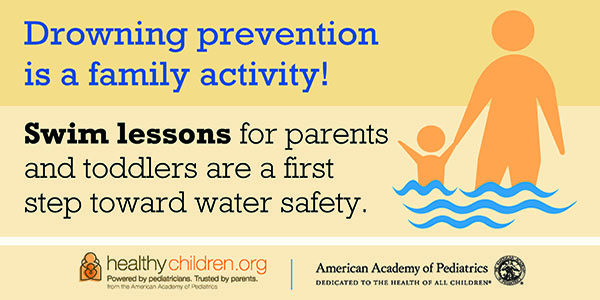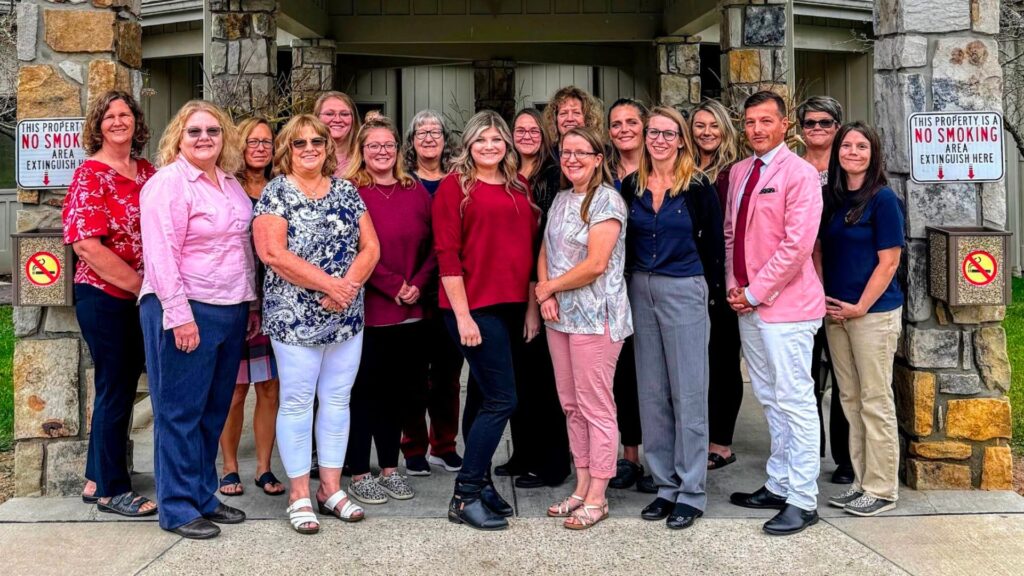By Diane Lee, Public Information Officer, Garrett County Health Department
Environmental Health Services of the Garrett County Health Department, in conjunction with Animal Control of the Garrett County Sheriff’s Office, reports the first case of laboratory-confirmed rabies for 2020 in Garrett County. A feral cat submitted from the Accident area to the Maryland Department of Health laboratory was confirmed positive for rabies on July 2, 2020.
Earlier that week, the property owner witnessed an attack, by a commonly seen feral cat, on their unvaccinated outdoor cat. Following the incident, the owner observed aggressive behavior from the feral cat followed by lethargic and neurological behaviors. Knowing the signs and symptoms of the rabies virus, the owner contacted Animal Control.
The Animal Control Officer, along with the property owners, successfully captured the feral cat. The feral cat was then euthanized and submitted for testing. Upon receiving the positive rabies result for the feral cat, it was determined that the unvaccinated outdoor cat would need to be euthanized due to the direct exposure. Both the feral cat and outdoor cat had kittens that were captured and removed from the property.
After further investigation, it was determined that the property owner had direct exposure, from a bite, by a kitten. The property owner promptly began rabies post-exposure treatment administered at the emergency room.
This is a reminder that all warm-blooded animals are susceptible to being affected by the deadly rabies virus. The rabies virus is only transferred through the saliva of the infected animal. Signs and symptoms may include neurological signs and changes in the behavior of the animal. In this case, the cat was aggressive, appeared ill and had difficulty standing.
It is important to remember that if your pet is exposed to a wild animal, do not handle your pet within two hours after contact. If it is necessary to handle your pet, you need to wear protective gloves and immediately wash your hands thoroughly with soap and water. If you have been bitten by a wild animal that cannot be captured or exposed to an animal suspected of having rabies, seek medical treatment immediately.
Due to COVID-19, the low-cost rabies clinics are postponed until further notice. Although clinics are postponed, pet owners are urged to check the vaccination status of their dogs, cats, and ferrets. All dogs and cats are required, by law, to be vaccinated against rabies by four months of age and can be vaccinated as early as three months.
Anyone with questions regarding rabies should call Environmental Health Services at 301-334-7760 or 301-895-3111.
- May is National Water Safety Month! – Teens - May 18, 2025
- May is National Water Safety Month! – Swimming - May 17, 2025
- TODAY! (5/17) – Color Walk/Run Event – Children’s Mental Health Awareness - May 17, 2025









